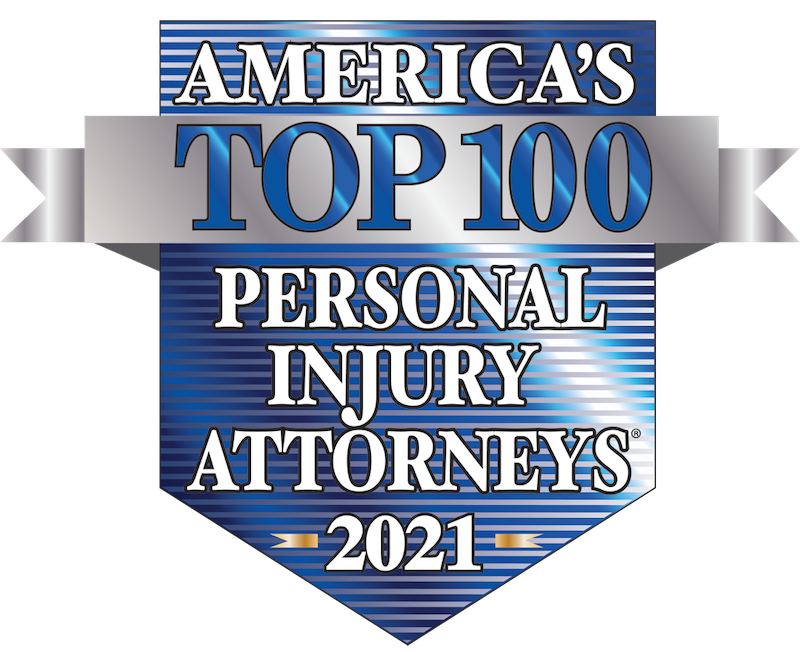Victims are often confused about their rights and what they can do to seek justice when it comes to mental health and personal injury law.
The Joseph Law Group works with clients who have experienced motor vehicle accidents, serious and catastrophic injuries, medical malpractice, industrial accidents and more. Our clients not only experience physical pain and suffering from negligence, but also mental anguish.
“Physical injury is typically a requirement to make a personal injury claim, however, there is always an emotional component to one’s injury. Therefore, any personal injury claim includes the ability to collect compensatory damages for one’s emotional stress and anguish,” said Joseph T. Joseph, Ohio personal injury attorney.
“Since that is largely subjective, documenting one’s emotional harm is paramount, and if a client seeks mental health counseling it lends a lot of credibility to that aspect of the claim.”
Health providers are able to diagnose conditions such as post-traumatic stress disorder and survivors guilty syndrome, which is often seen when another person – typically the at-fault party in an accident – dies as a result of the collision.
This often leads to other symptoms, such as sadness, anger, denial, fear, guilt and shame,
which then can lead to insomnia or nightmares, headaches, issues with relationships, etc.
“All of this can be included in a personal injury matter,” Attorney Joseph said.
In order to prove emotional distress, the
plaintiff must show that the distress is more than fleeting, the defendant’s conduct caused the distress and the distress is medically significant.
Physical damage from an injury, such as broken bones or required surgery, is easier to prove in court than the mental anguish, such as severe
anxiety or PTSD that someone may experience after an accident or death involving themselves or a loved one.
Reminders of the traumatic event can trigger avoidance symptoms. These symptoms may cause a person to change his or her personal routine. For example, after a bad car accident, a person who usually drives may want to avoid driving or riding in a car.
In addition to mental stressors resulting from an injury or death of a loved one, physical responses to trauma may also be present.
Physical symptoms may include headaches, stomach pain, digestive issues, fatigue, racing heart, sweating or being jumpy or easily startled.
Factors that increase risk for PTSD include:
- Living through dangerous events and traumas
- Getting seriously hurt
- Seeing another person injured, or seeing a dead body
- Dealing with extra stress after the loss of a loved one or pain and injury
Need to talk to an attorney about your personal injury case involving mental health? Call the Joseph Law Group today for a free consultation at 216-522-1600.

















